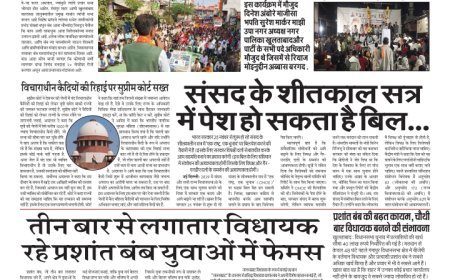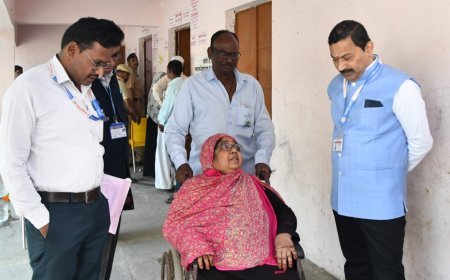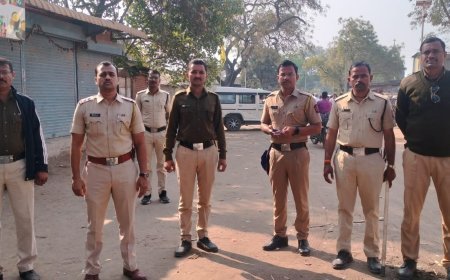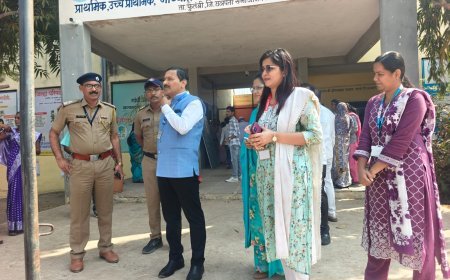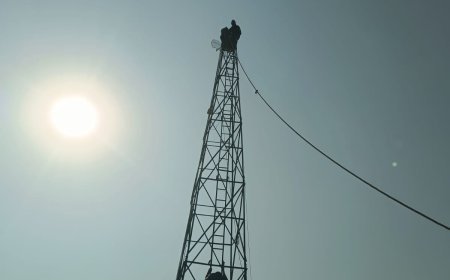Brain hemorrhage, paralysis, cardiac arrest, and pneumonia at high risk in winter.
Brain hemorrhage, paralysis, cardiac arrest, and pneumonia at high risk in winter. The number of brain hemorrhage, paralysis, cardiac arrest and pneumonia patients has reached two and a half times due to severe cold. Most of these are brain hemorrhage patients of these patients are getting in extremely serious condition. They have to be put on the ventilator. Some times Ventilators are not available at hospitals so patients had to face severe consequences. Brain hemorrhage and cardiac arrest deaths increase in the winter due to a combination of factors, including Blood vessel constriction Cold weather causes blood vessels to tighten, which increases blood pressure Heart muscle strain The heart muscles work harder to pump blood Vulnerability People with heart conditions, high blood pressure, or who have had surgery are more at risk Exposure to extreme temperatures Sudden exposure to cold temperatures can increase the risk of cardiac arrest What you can do Maintain a healthy diet and weight Exercise regularly Get your blood pressure checked regularly, especially if you're over 40 Dress warmly in cold weather, wearing layered clothing and socks Avoid sudden changes in temperature What happens during a cardiac arrest Brain cells die slowly over a period of many hours, even days after the heart stops Temperature control is important after cardiac arrest, but the ideal temperature depends on the patient
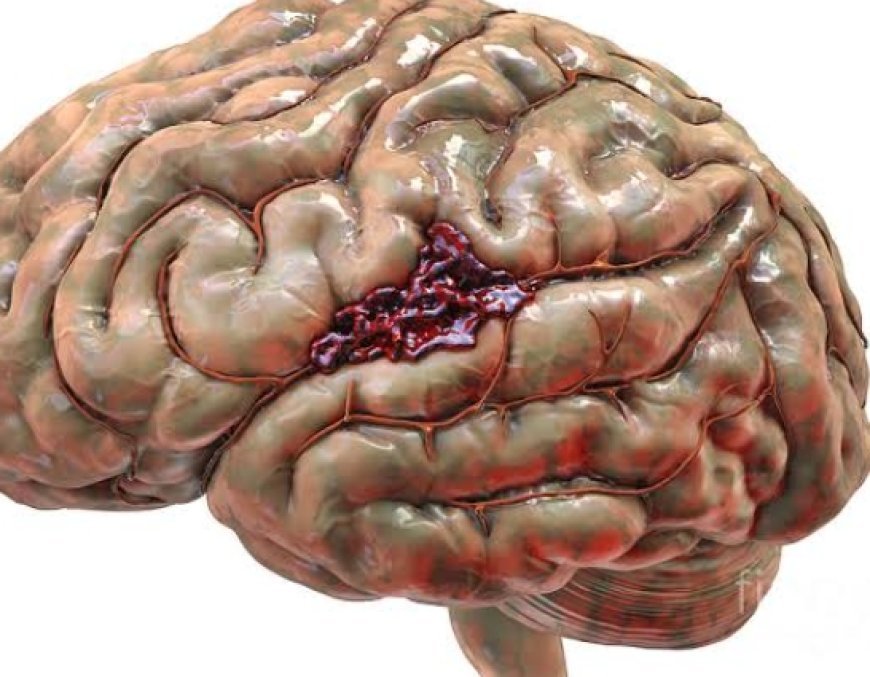
1.
What's Your Reaction?










